Building Sustainable Open Source Ecosystems for an Interoperable Europe
How can we create a sustainable open source ecosystem to support the new intergovernmental
cooperation framework in the Interoperable Europe Act?
Workshop within the framework of the Open Source Workshops for Computing and Sustainability event
Albert Borschette Conference Center, Brussels: 02 December 2022
Workshop time: 10:00-11:30 CET | Room 1A
Workshop Description
With the recent adoption of the interoperability regulation proposal - the Interoperable Europe Act - in mind, the European Commission’s Open Source Observatory (OSOR) is bringing together stakeholders to discuss it in the context of the earlier recommendations on the software, culture and ecosystems of open source provided by the Expert Group for the Interoperability of European Public Services.
While the Act focuses on reinforcing cross-border interoperability and cooperation between the Member States and the European Commission (the co-owners of the proposed governance structure), the nature of interoperability means that the collaboration will be multi-dimensional and the provisions of the Act will also impact open source communities, projects, and companies. In particular, Article 4: Share and reuse of interoperability solutions between public sector bodies, institutions and agencies of the union and Article 8: Interoperable Europe portal, which include references to code sharing and open source licencing, might influence the open source environment both in the public and private sector.
DG DIGIT D2 of the European Commission will open the session with a presentation on the Interoperable Europe Act, with particular focus on the areas where collaboration with open source stakeholders is needed. The panellists and participants are invited to discuss the key topic of building sustainable ecosystems around public sector use of open source and open standards for interoperable public services. We will also debate the Act’s ambitions in view of the recommendations of the Expert Group regarding support for open source software and providing the catalogue of open source solutions for the public sector.
Chair
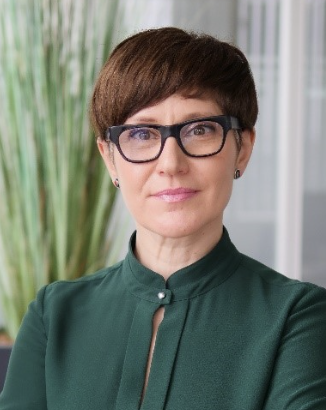 |
Leontina Sandu (Head of Interoperability Unit, DIGIT D2) Leontina Sandu is the Head of the Interoperability Unit at the European Commission. She is a passionate engineer who wants to contribute to public administrations making the most of data and technology. Leontina joined the European Commission in 2007 and held different roles, from leading teams responsible for digital solutions for Competition enforcement, ECM and mobile solutions to customer relationship management and advisory to digital strategy matters. Prior to joining the European Commission, she worked as a software engineer for IXIA, a company specialised in network testing and security. Leontina holds a degree in Information Technology (Faculty of Cybernetics, Statistics and Information Technology, Bucharest, 2004) and a M.Sc. in Financial Economics (Goteborg University, 2005). Leontina defines her current role in the Interoperability Unit as an exciting challenge and an opportunity to learn something new every day. “We are determined to make interoperability part of every digital matter at the European Commission and everywhere else,” she says. |
|
Assisted by |
|
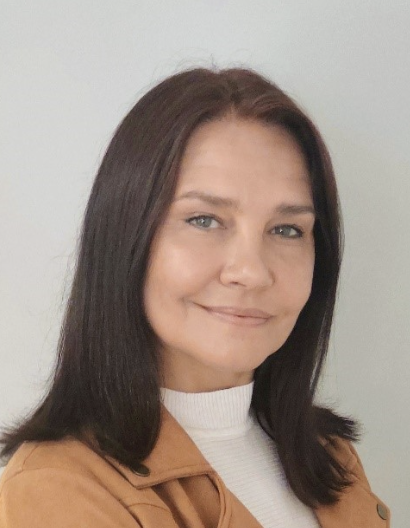 |
Monika Sowinska (DIGIT) Project Officer in the Interoperability Unit, Directorate-General for Informatics, European Commission. Joined the European Commission in 2009 after 20 years’ experience in the private sector in Poland. Since 2017 responsible for an “Sharing and Reuse of IT Solutions” action, first under the ISA2 and now under the Digital Europe Programme. She is also in charge of the Commission’s Open Source Observatory. Very pragmatic, with a can-do attitude, energetically promotes use of open source in the public sector. |
Panellists
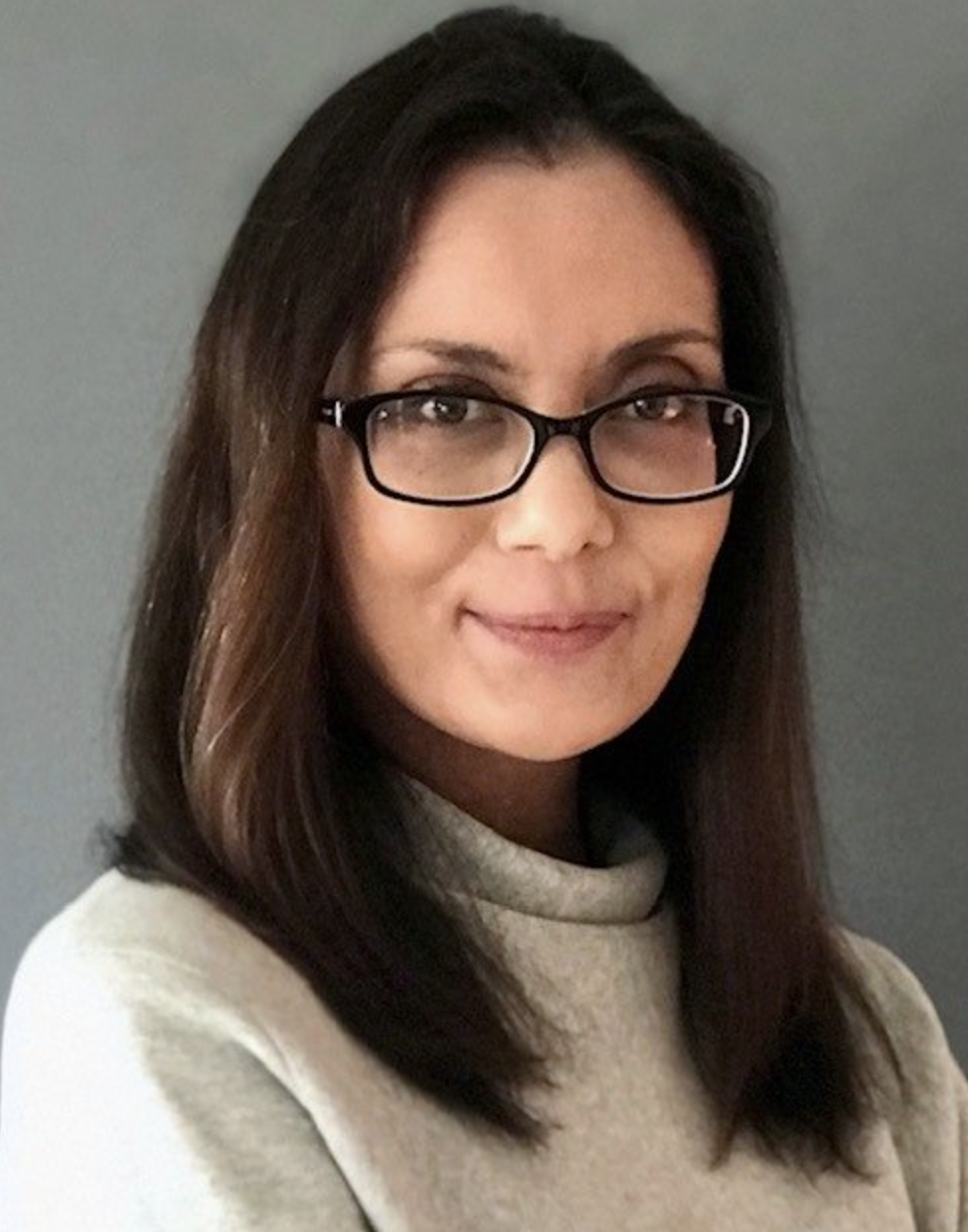 |
Maria Dalhage (DIGG - Swedish Agency for Digital Government) Passionate about working with the concept of Government as a platform, focusing on our common digital resources such as open data, APIs, open source and open standards. 15 years of experience from working in various public sectors such as e-Health, e-Commerce, labour market, and defense. |
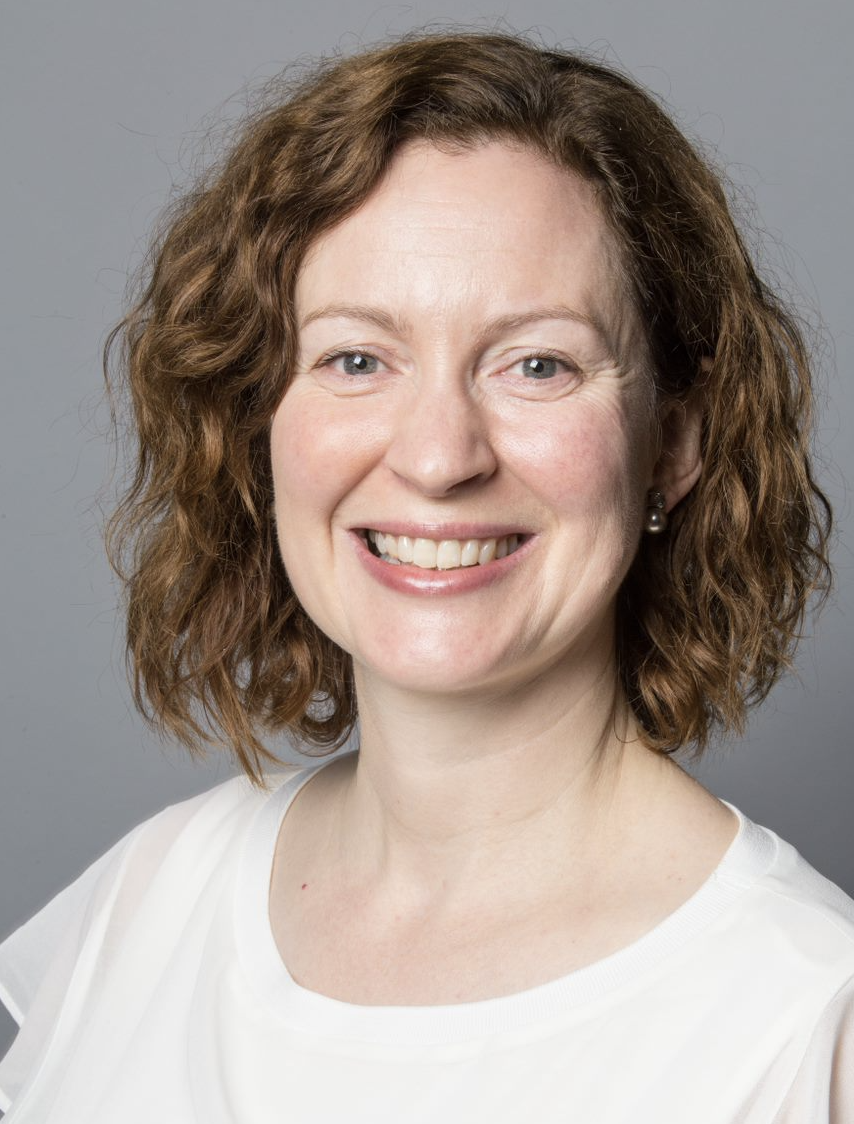 |
Clare Dillon (Executive Director, InnerSource Commons) Clare Dillon is the Executive Director of InnerSource Commons, the world's largest community of InnerSource practitioners. Clare also works with the OSPO++ Network to support the establishment of University and Government Open Source Program Offices globally, that can collaborate to implement public policy and trustworthy public services. In 2021, Clare co-founded Open Ireland Network, a community for those interested in advancing open source at a national level in Ireland. Previously, Clare was a member of the Microsoft Ireland Leadership Team, heading up their Developer Evangelism and Experience Group. Clare frequently speaks at international conferences and corporate events on topics relating to the open collaboration, future of work, innovation trends and digital ethics. |
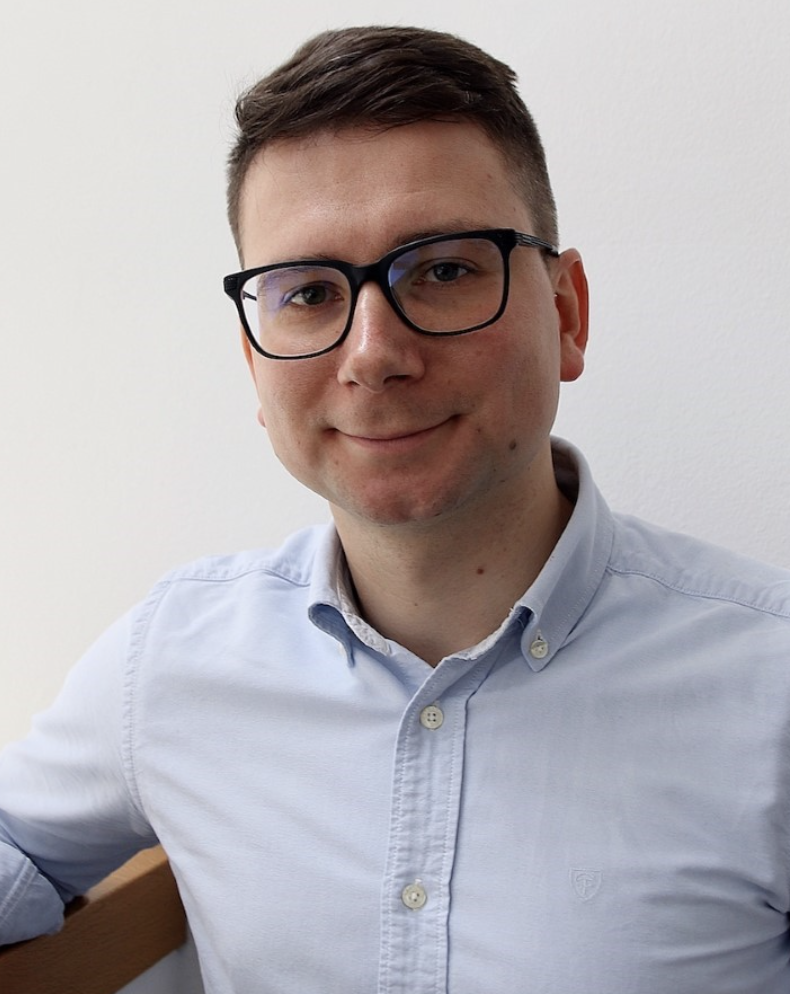 |
Jiří Marek (Open Cities - Otevřená města - Board Member) Jiří is a board member of the NGO Open Cities based in Brno, Czech Republic. The goal of the organization is to foster the use of open-source technologies within the public sector (especially at local administration level) and to enable an effective action against the vendor lock-in. Jiří also works as Open Science Manager at Masaryk University and on Czech national implementation of European Open Science Cloud (EOSC). His two “Open” activities are being linked together now by newly formed Brno Open Source Declaration, that is about creating an Open Source Program Office (an OSPO) for public and academic sector in Brno. |
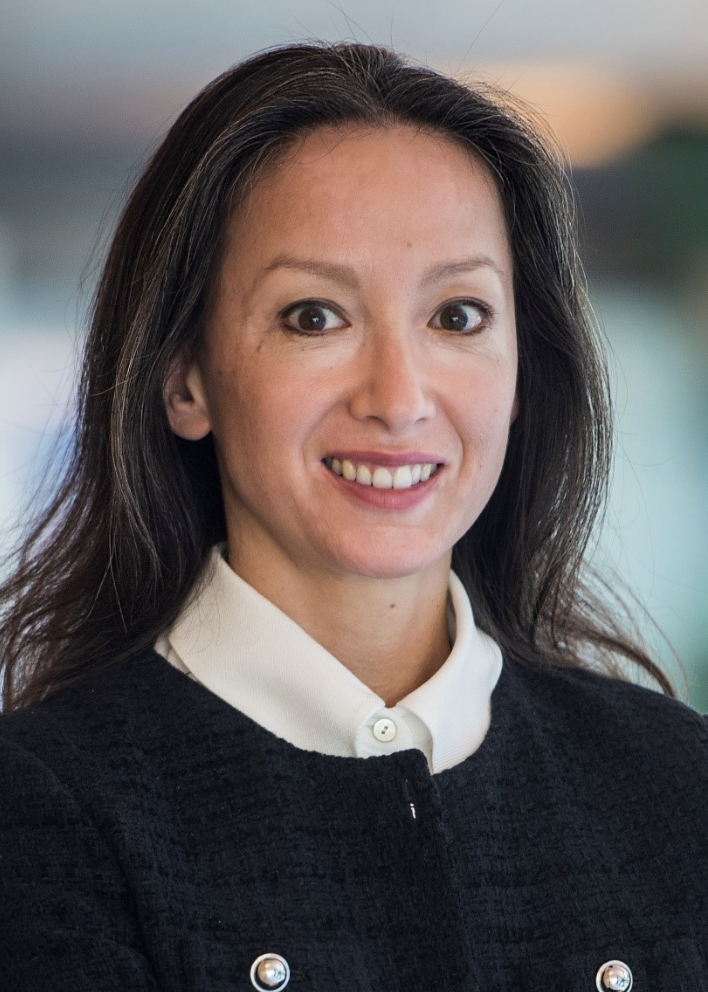 |
Sachiko Muto (Chairman at OpenForum Europe, Senior Researcher at RISE) Sachiko Muto is the Chair of OpenForum Europe and a senior researcher at RISE Research Institutes of Sweden. She originally joined OFE in 2007 and served for several years as Director with responsibility for government relations and then as CEO. She has degrees in Political Science from the University of Toronto and the London School of Economics and has been a guest researcher at UC Berkeley and TU Delft. |
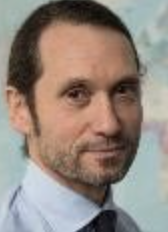 |
Maximilian Strotmann (Member of Commissioner Hahn’s Cabinet) Max has a long passion for digital aspects of public sector policies and for innovative startups and communities. He works in Commissioner Hahn’s team at the European Commission. |